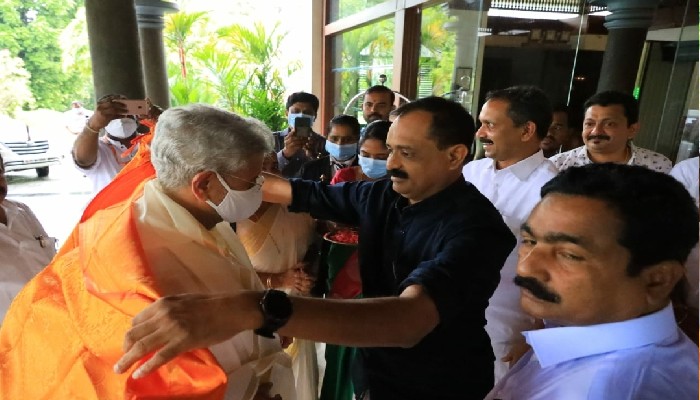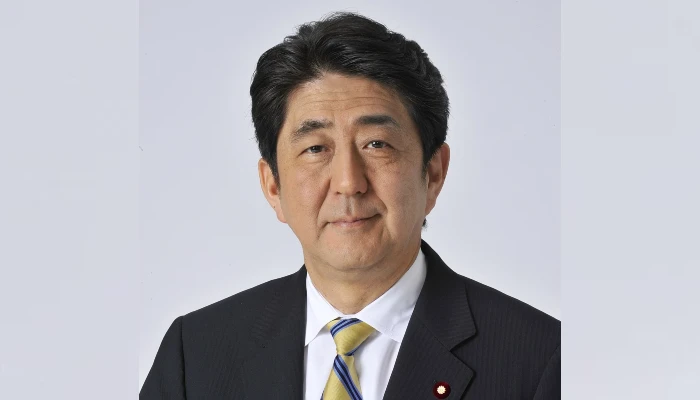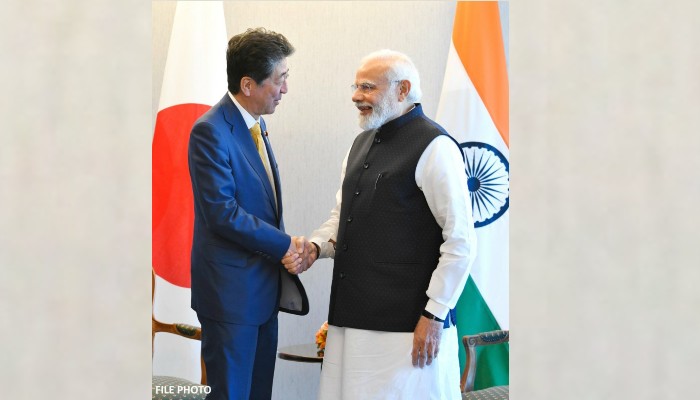The first convoy of trucks carrying wheat had been flagged off on February 22 this year
In keeping with its commitment to provide 50,000 MT of wheat as humanitarian assistance to the people of Afghanistan, India has signed a Memorandum of Understanding (MoU) with the World Food Programme for inland delivery and distribution of the final tranche.
India has already sent 40,000 MT of wheat to Afghanistan. The MoU signed on Saturday covers the supply of 10,000 MT of wheat.
"Fulfilling its commitment to the people of #Afghanistan on humanitarian food assistance, @MEAIndia, Government of #India & @UNWFP_India today signed MoU for the final tranche of wheat that will complete 50,000 MT assistance through @WFP @WFP_Afghanistan @BishowParajuli @UNinIndia," the World Food Programme in India said on Twitter.
The MoU was signed between Representative and Country Director WFP India Bishow Parajuli and Joint Secretary, PAI, at the Ministry of External Affairs (MEA) JP Singh.
Media reports quoted Singh as saying that this tranche builds upon assistance already delivered to those who need it most in Afghanistan. "India has delivered on its commitment, standing by the historical relations between the people of two countries and the pressing needs on the ground," he added.
"Delighted that GOI @MEAIndia & @WFP signed partnership agreement for last round of 10,000 MTN of wheat for inland delivery & distribution by @WFP_Afghanistan ;This will complete 50,000 MTN of wheat from Govt of India 2 people of Afghanistan helping to avert food crisis," Parajuli said in a separate tweet.
The first convoy of trucks carrying wheat had been flagged off from India on February 22 this year. It reached Afghanistan using the land route through Pakistan.
Afghanistan is suffering from a severe food crisis that has been made worse by the recent earthquake.
According to the most recent Integrated Food Security Phase Classification (IPC) assessment published in May 2022, Afghanistan's population of 19.7 million people, or nearly half of the country, is suffering from acute food shortages and needs humanitarian assistance.
 Contact Us
Contact Us  Subscribe Us
Subscribe Us









 Contact Us
Contact Us
 Subscribe
Subscribe
 News Letter
News Letter

